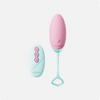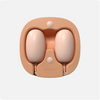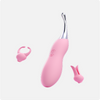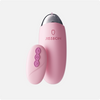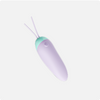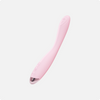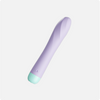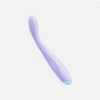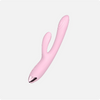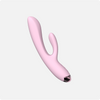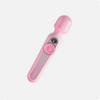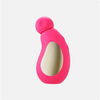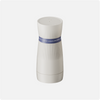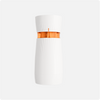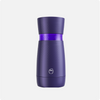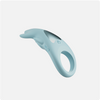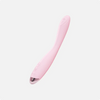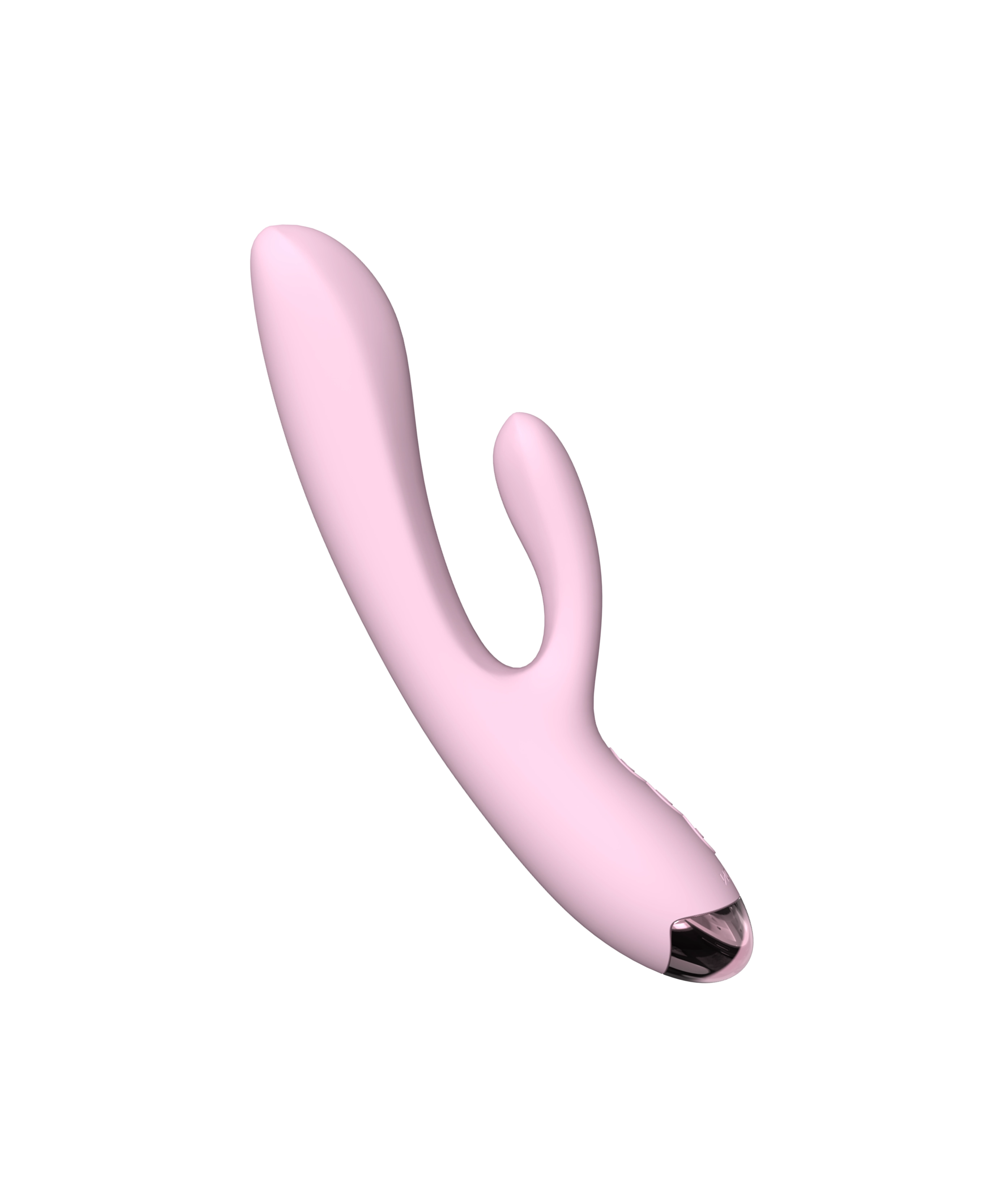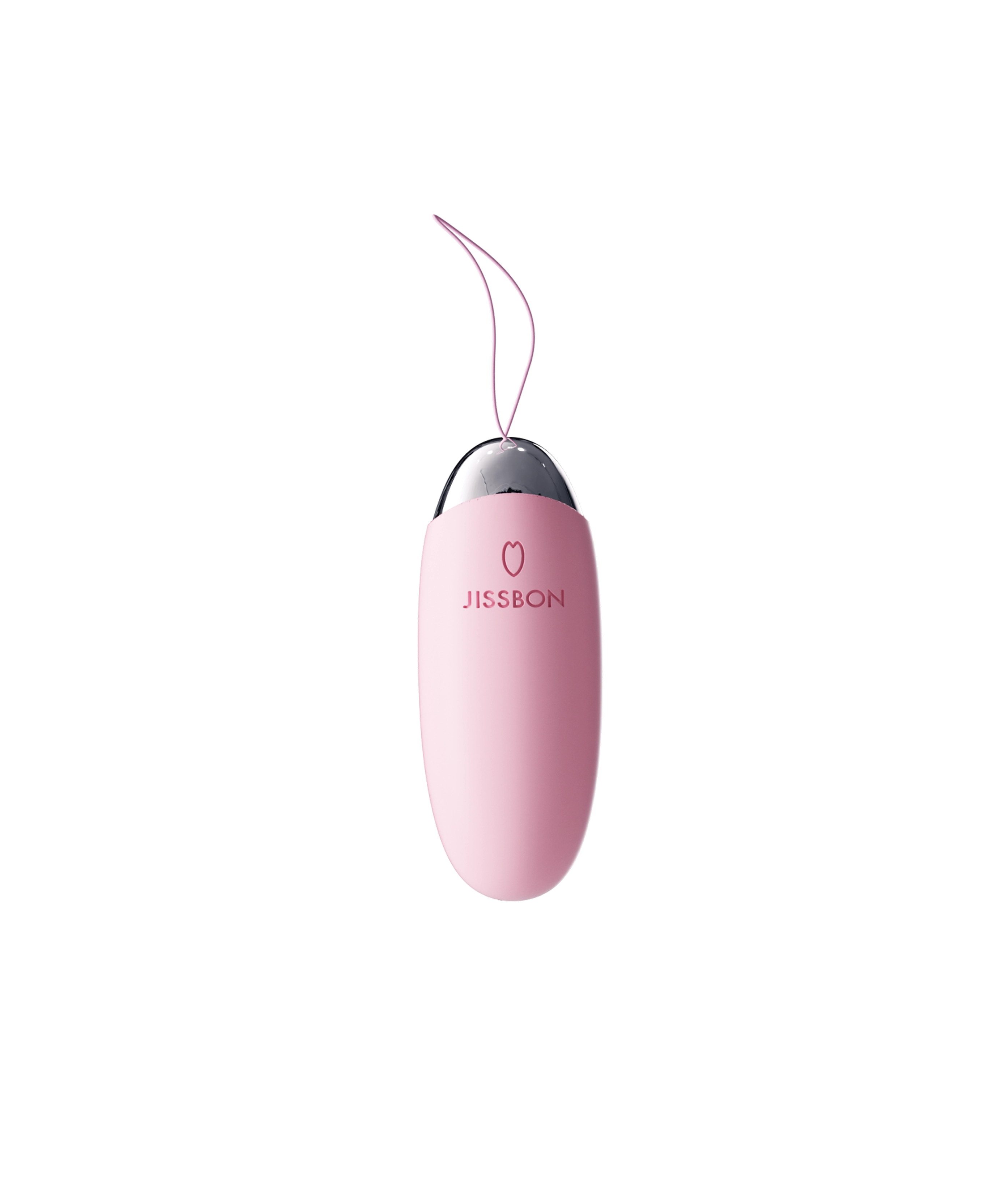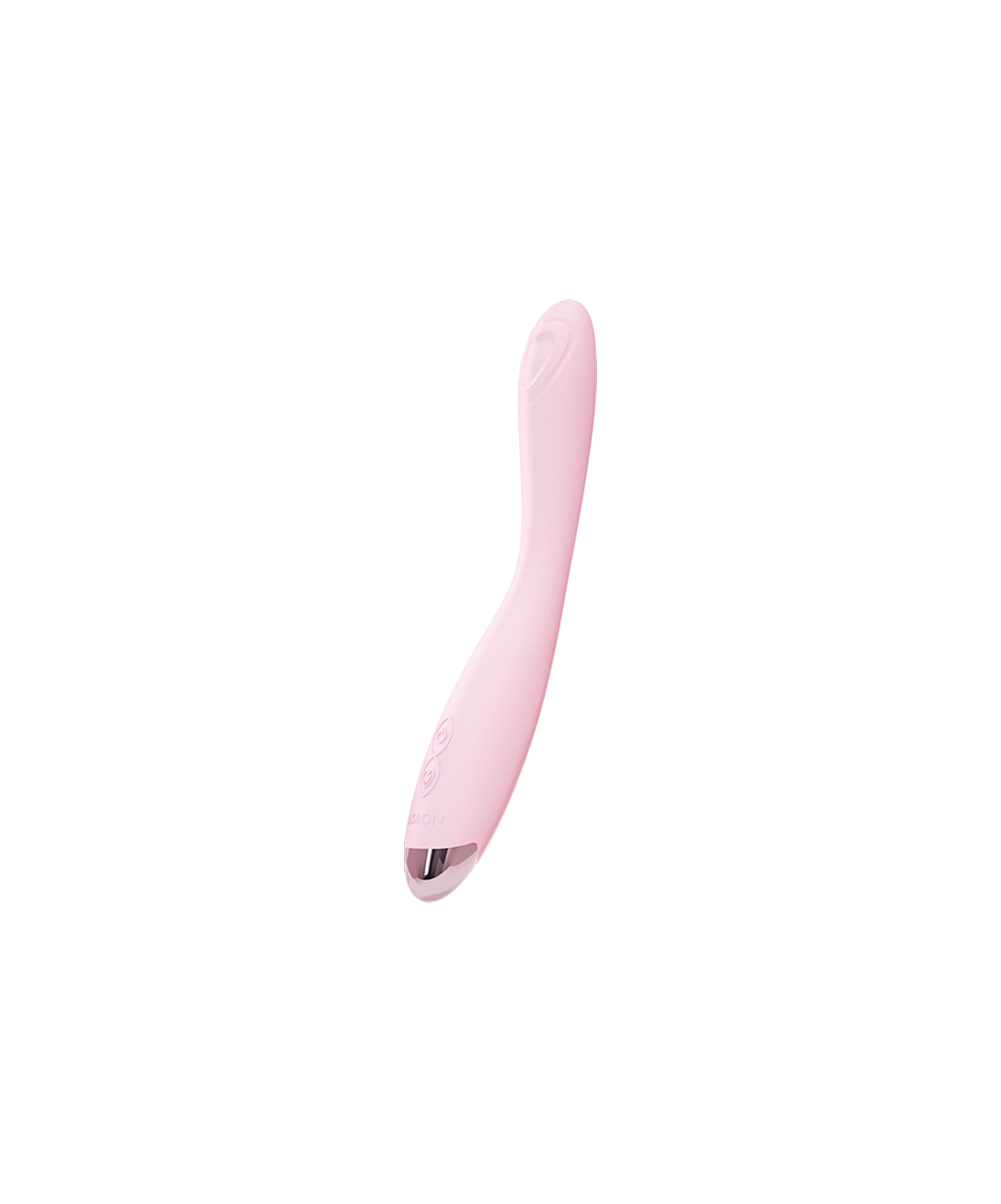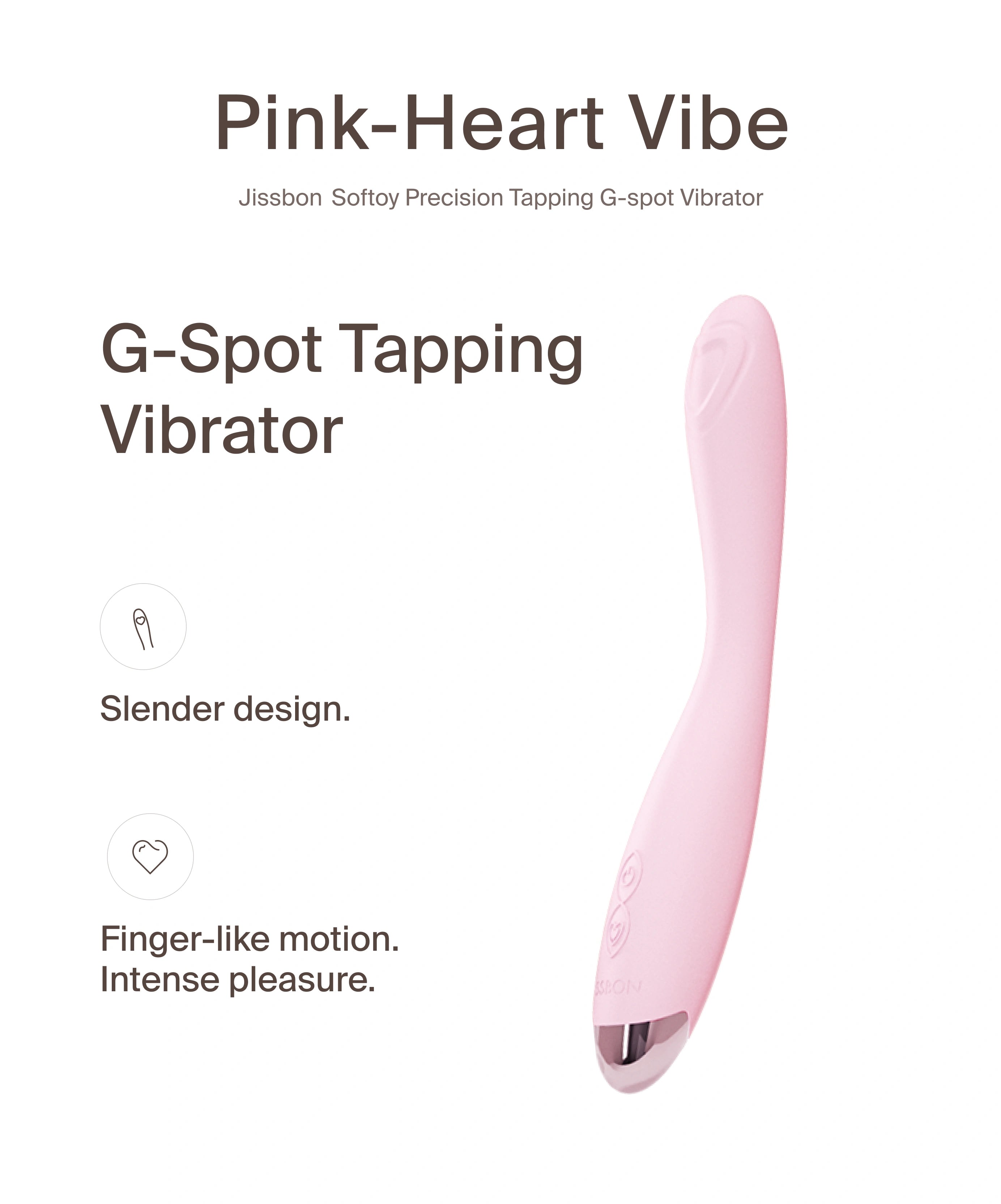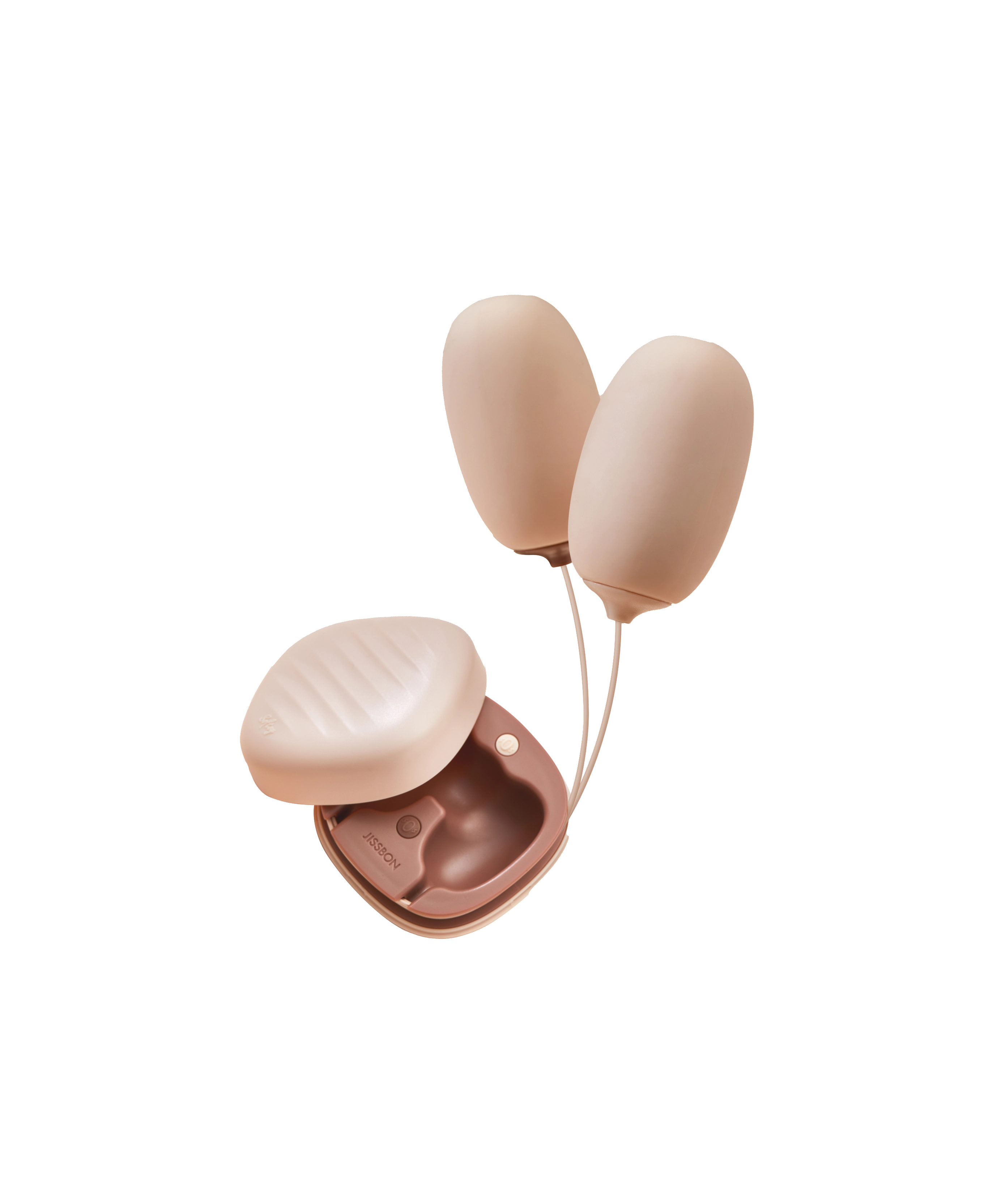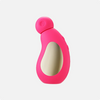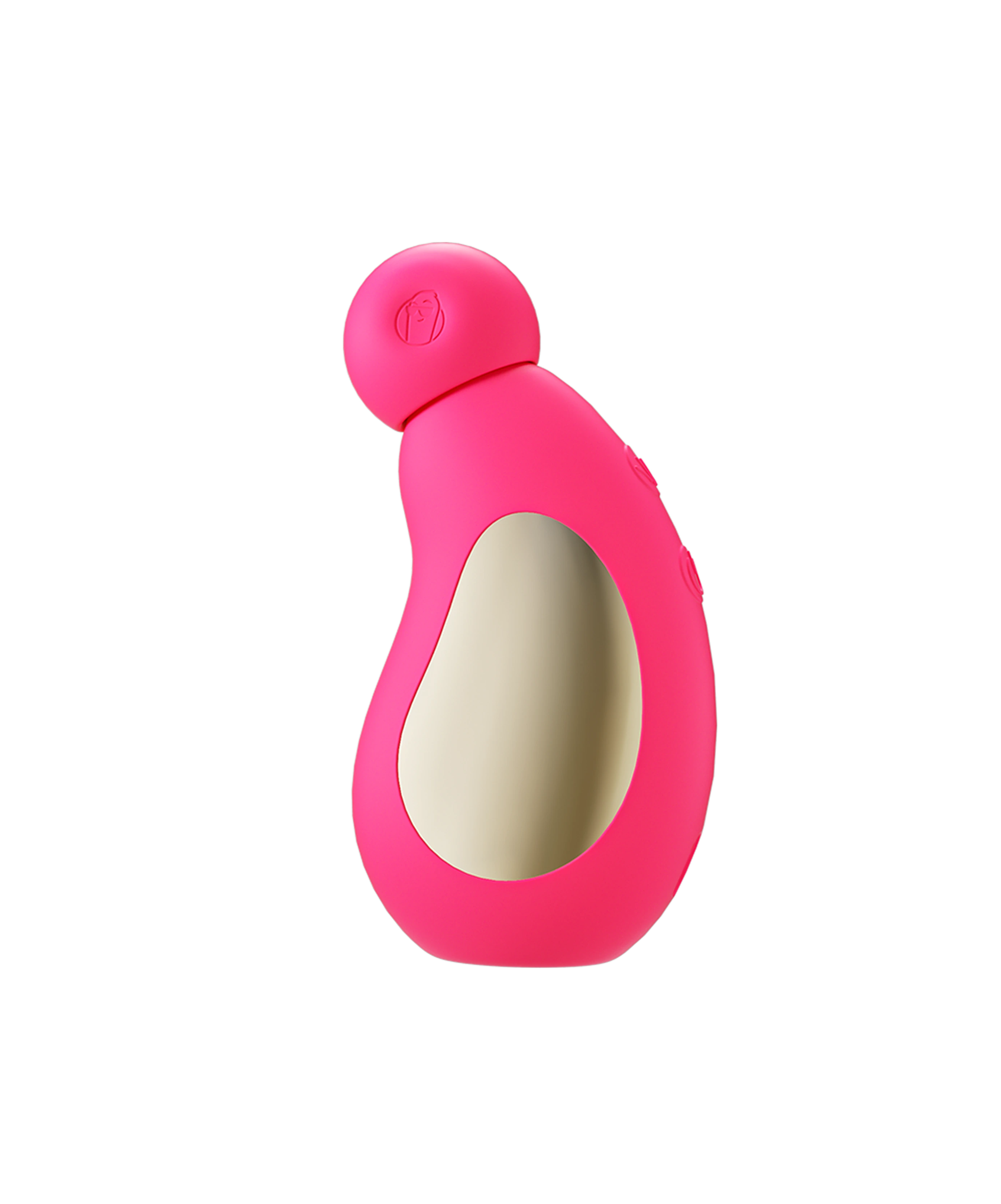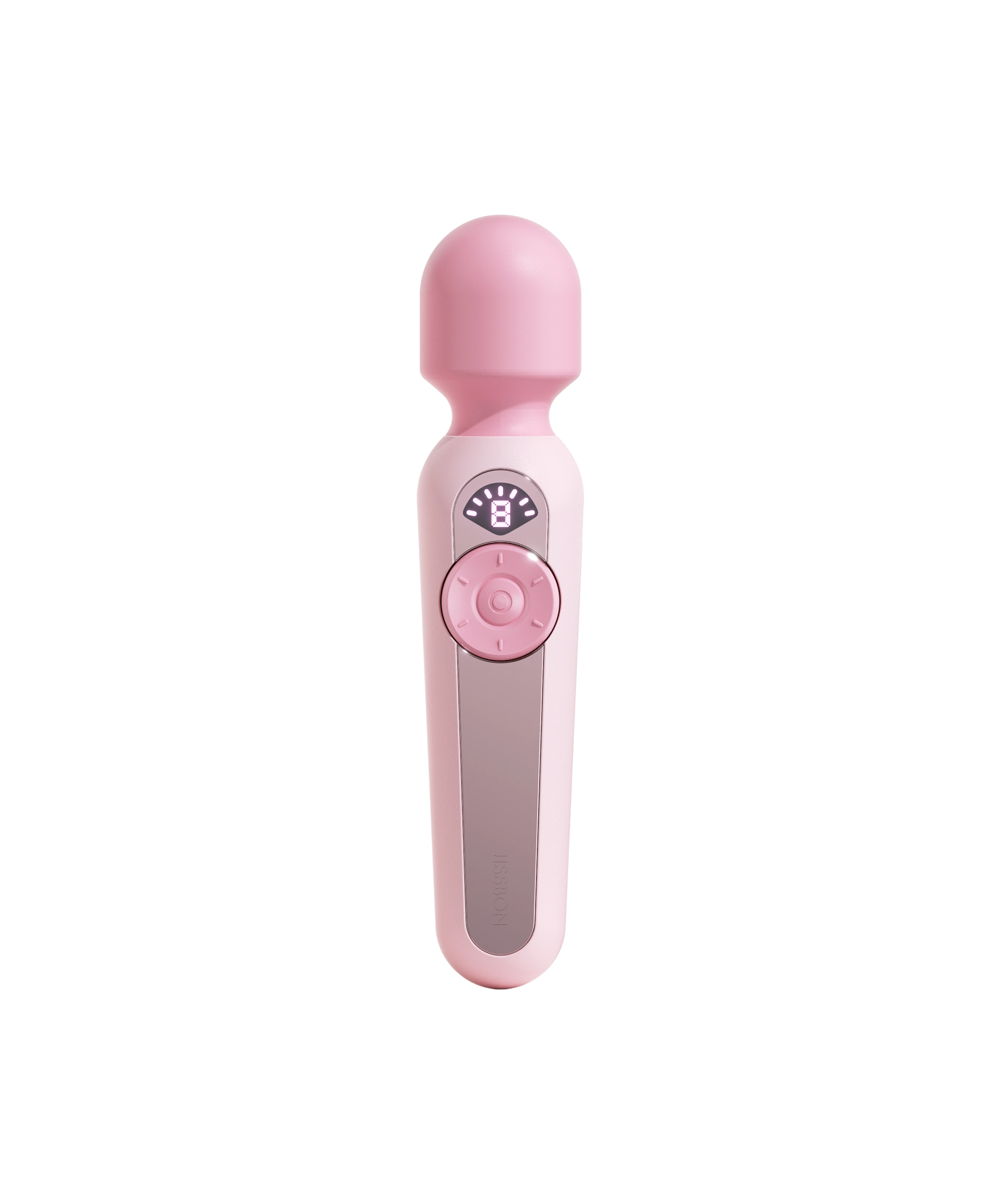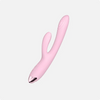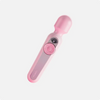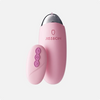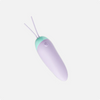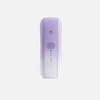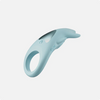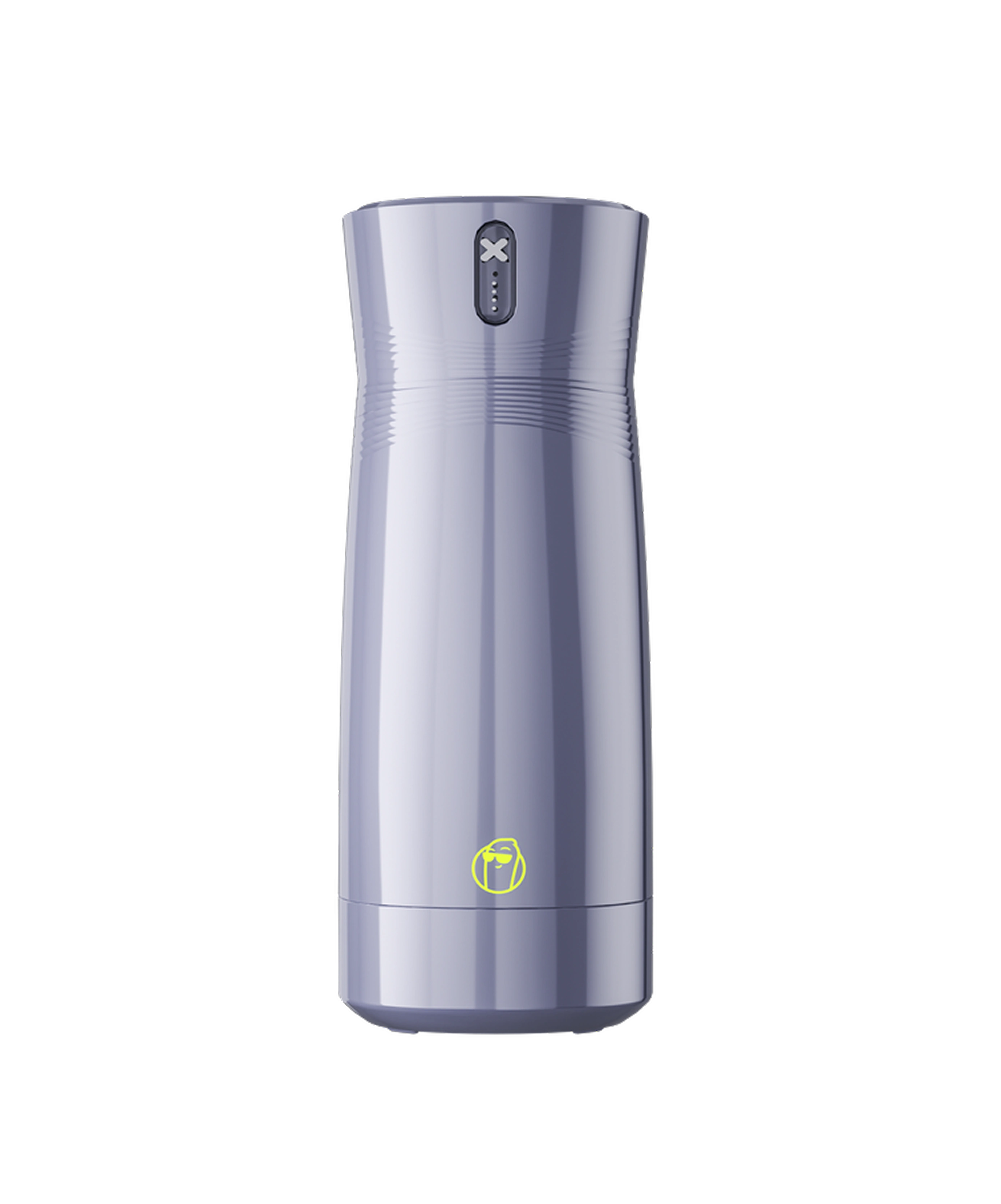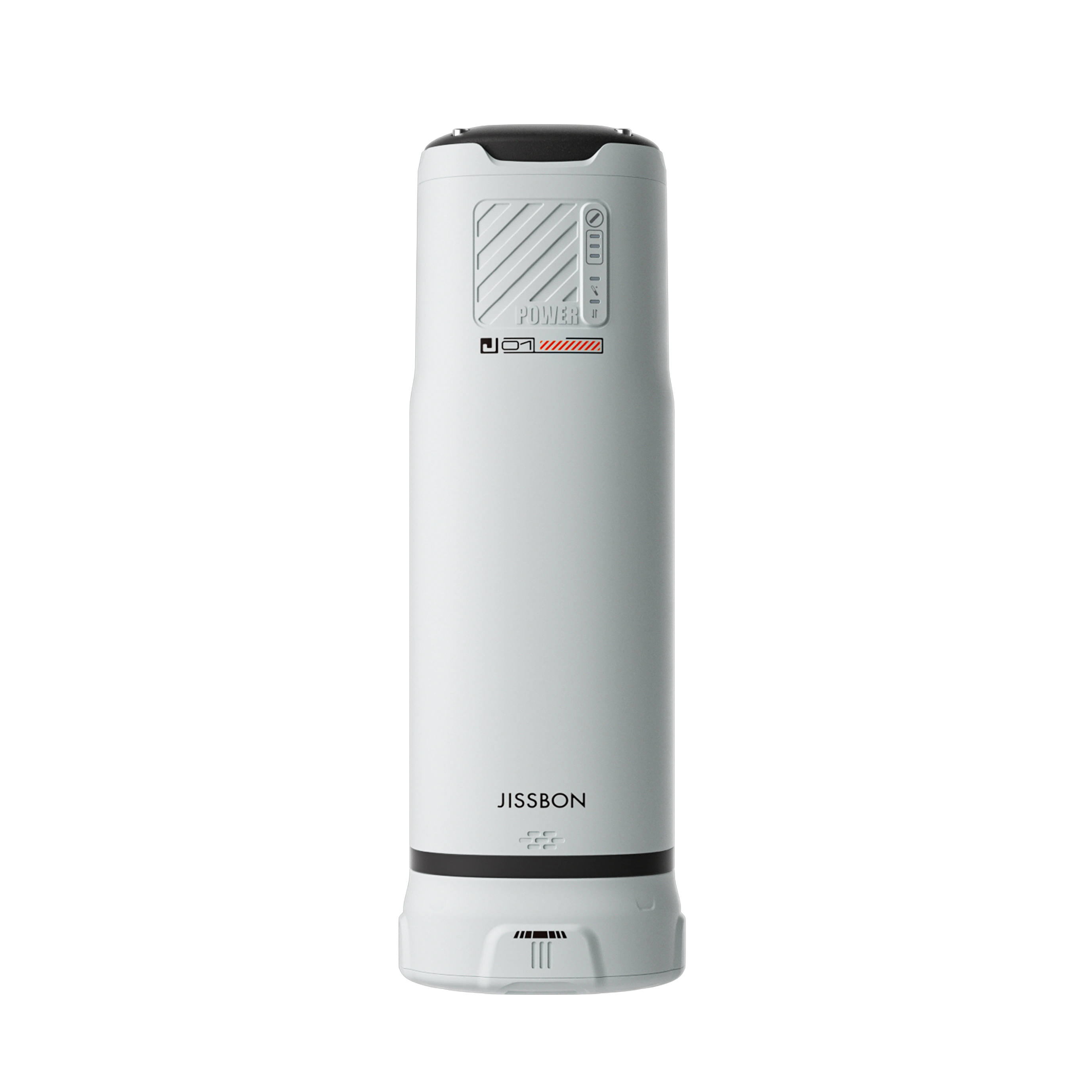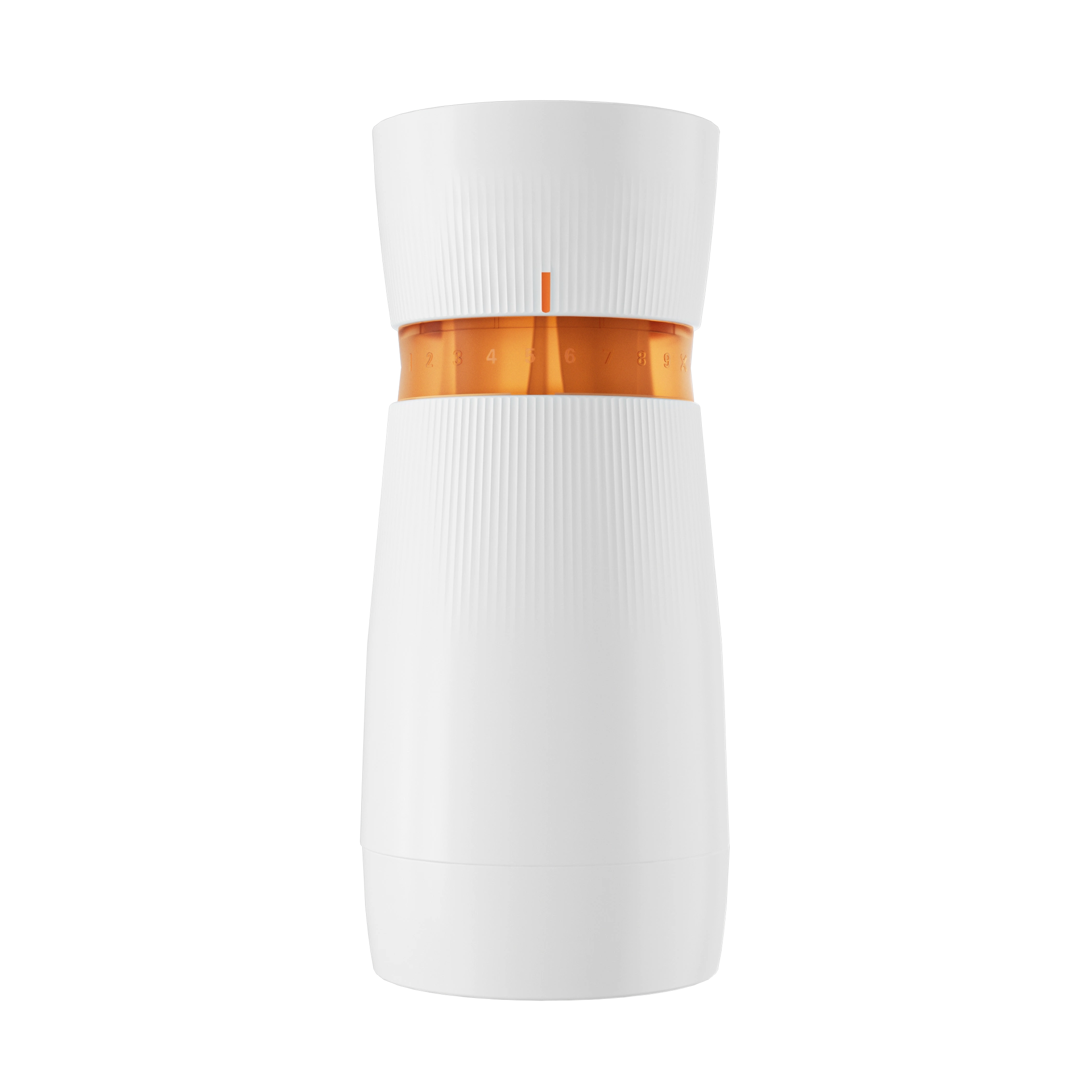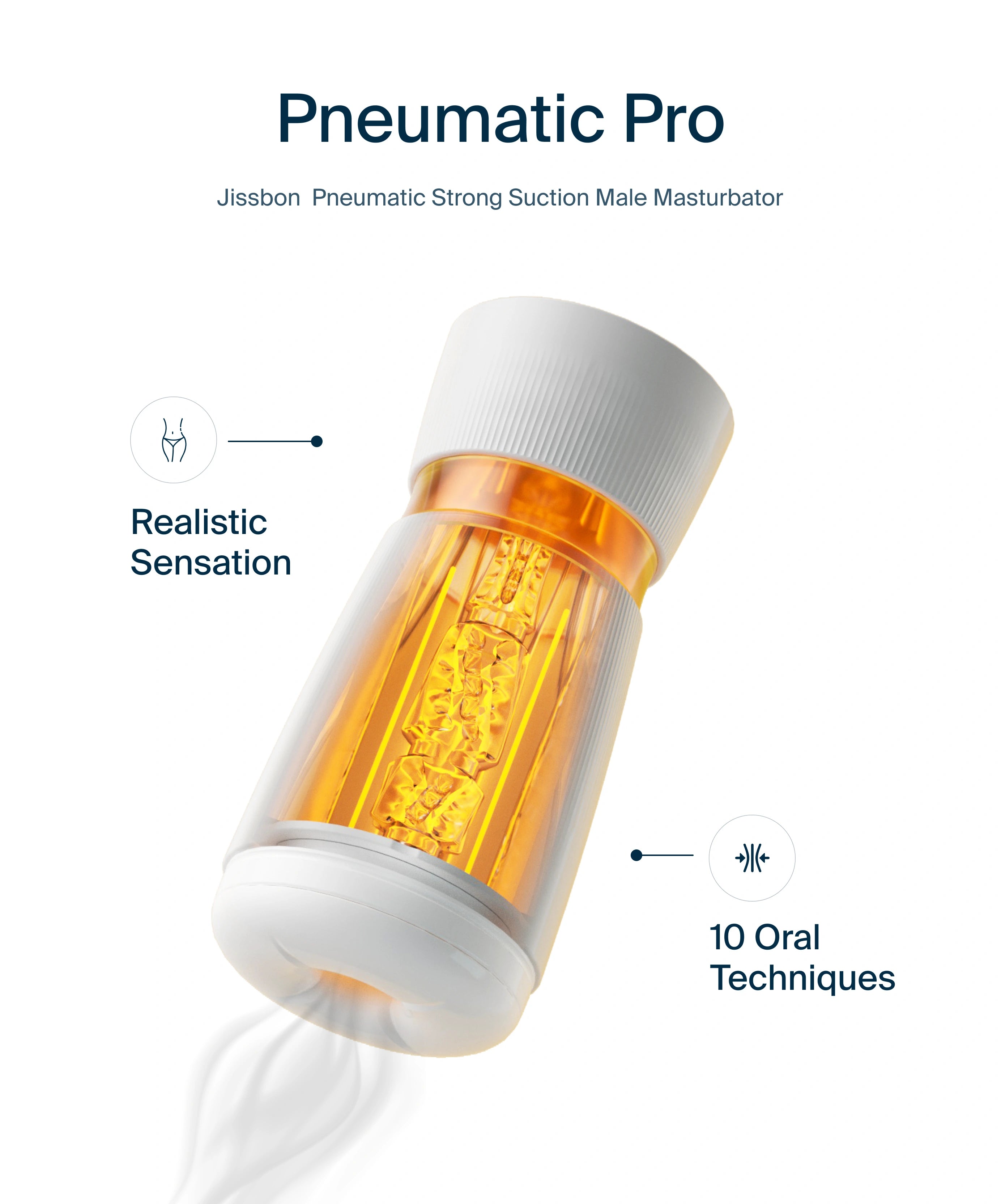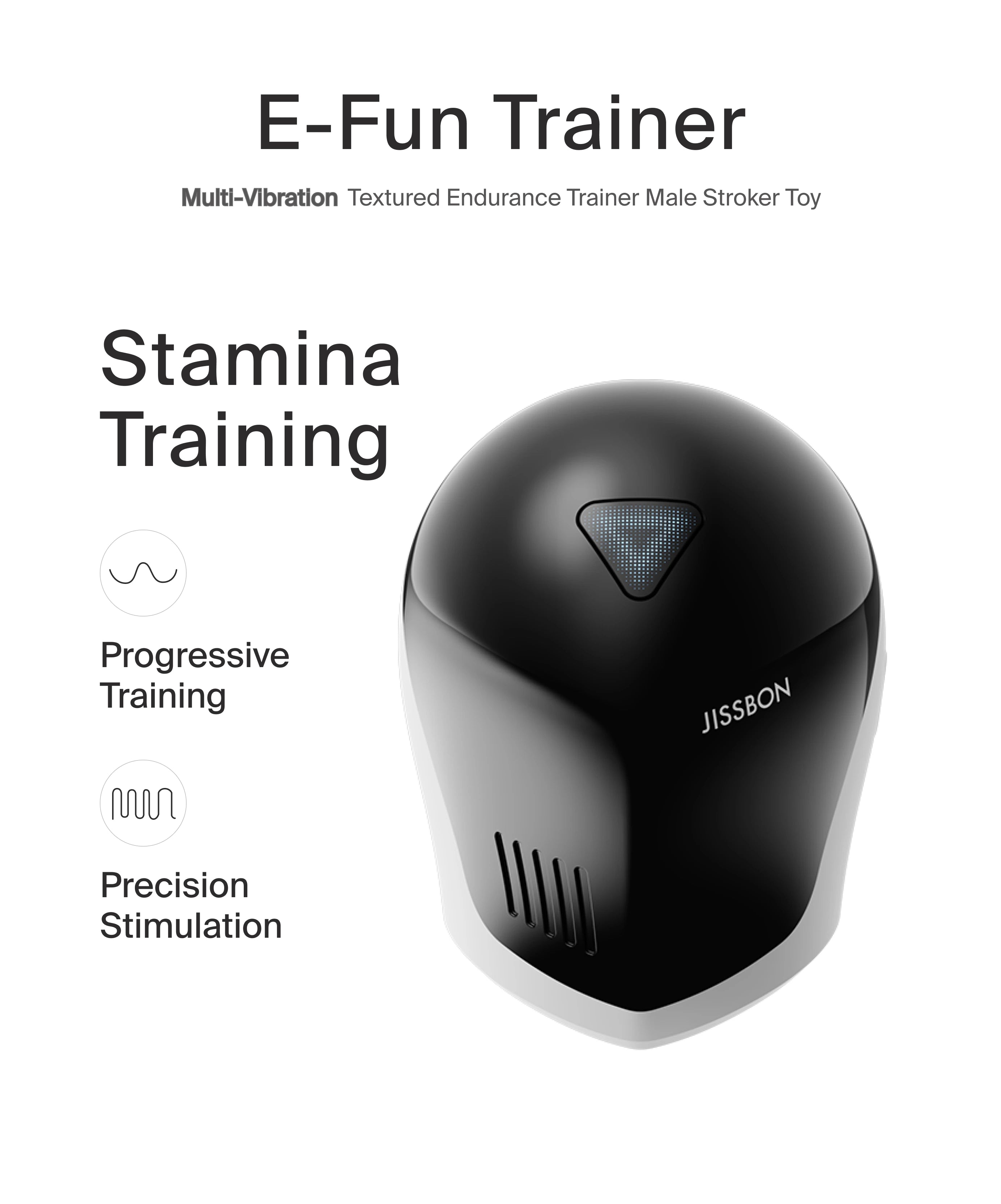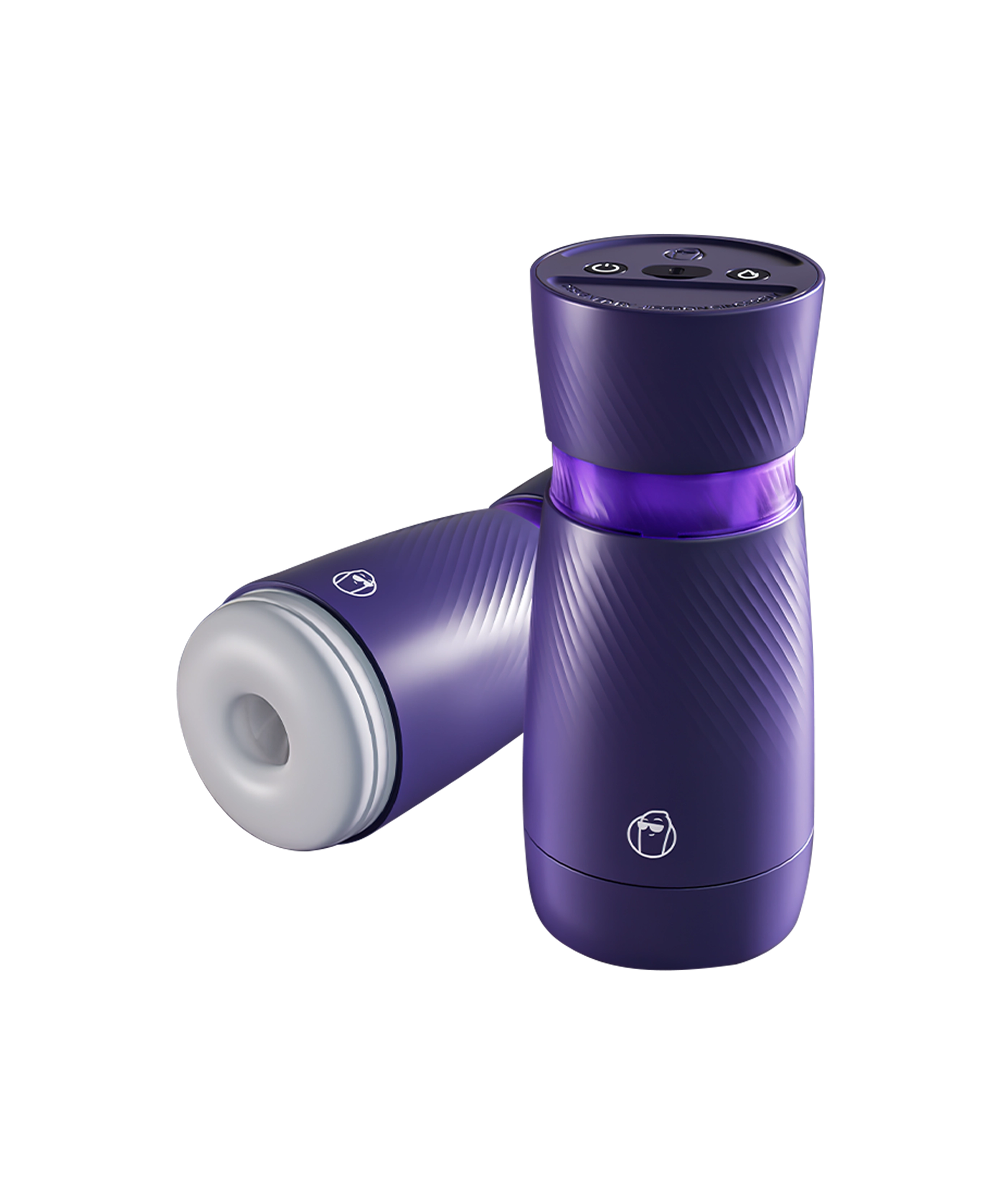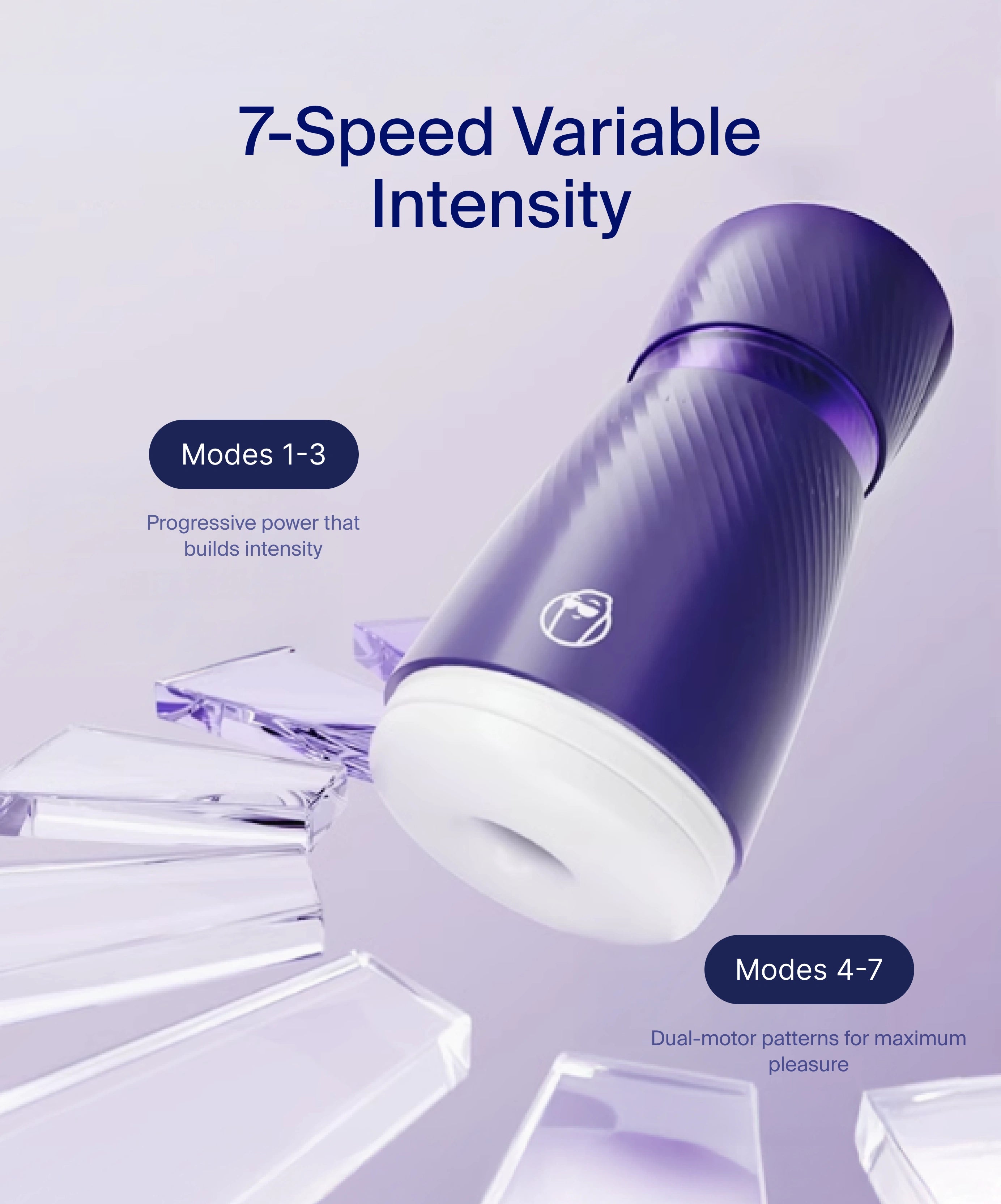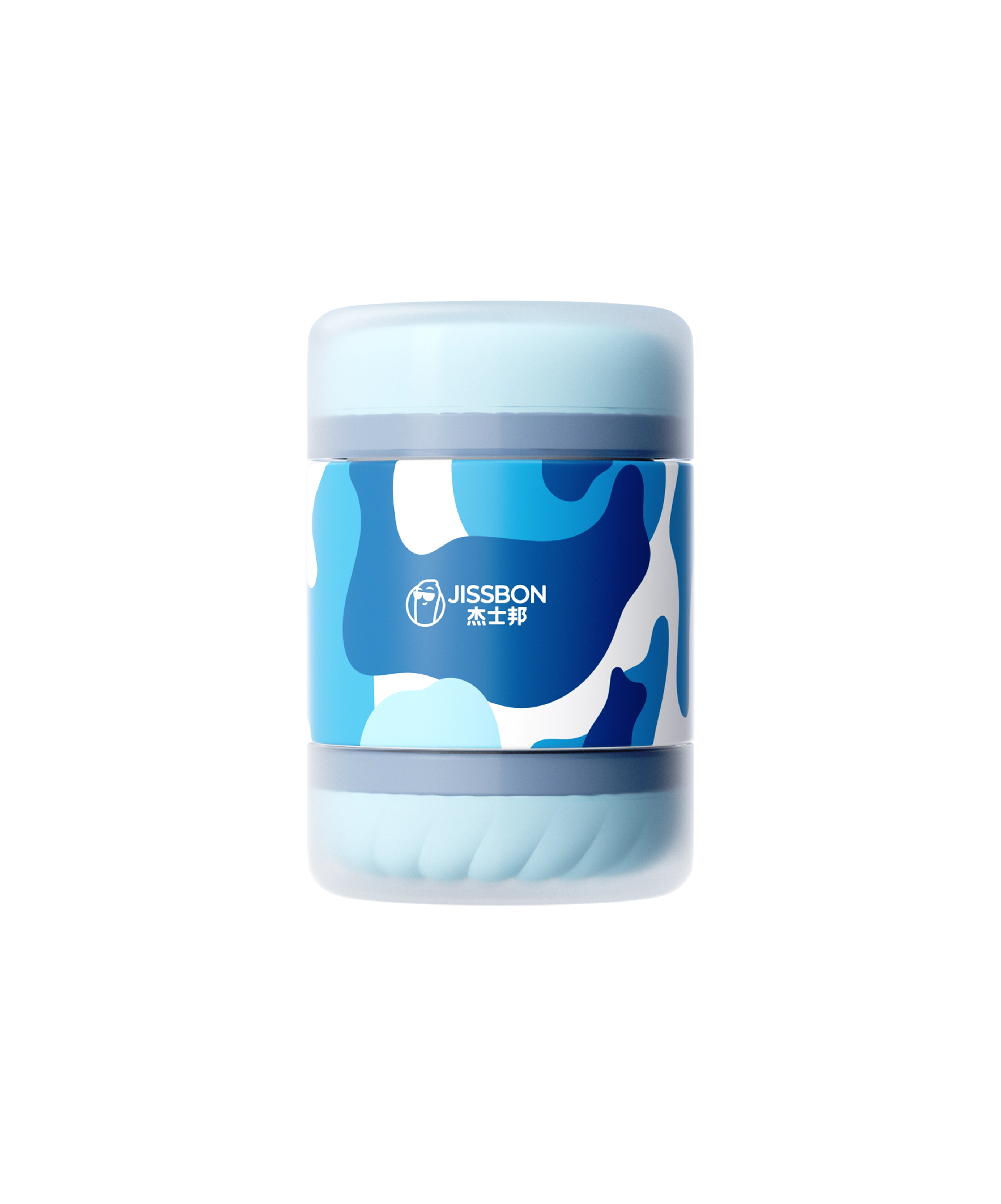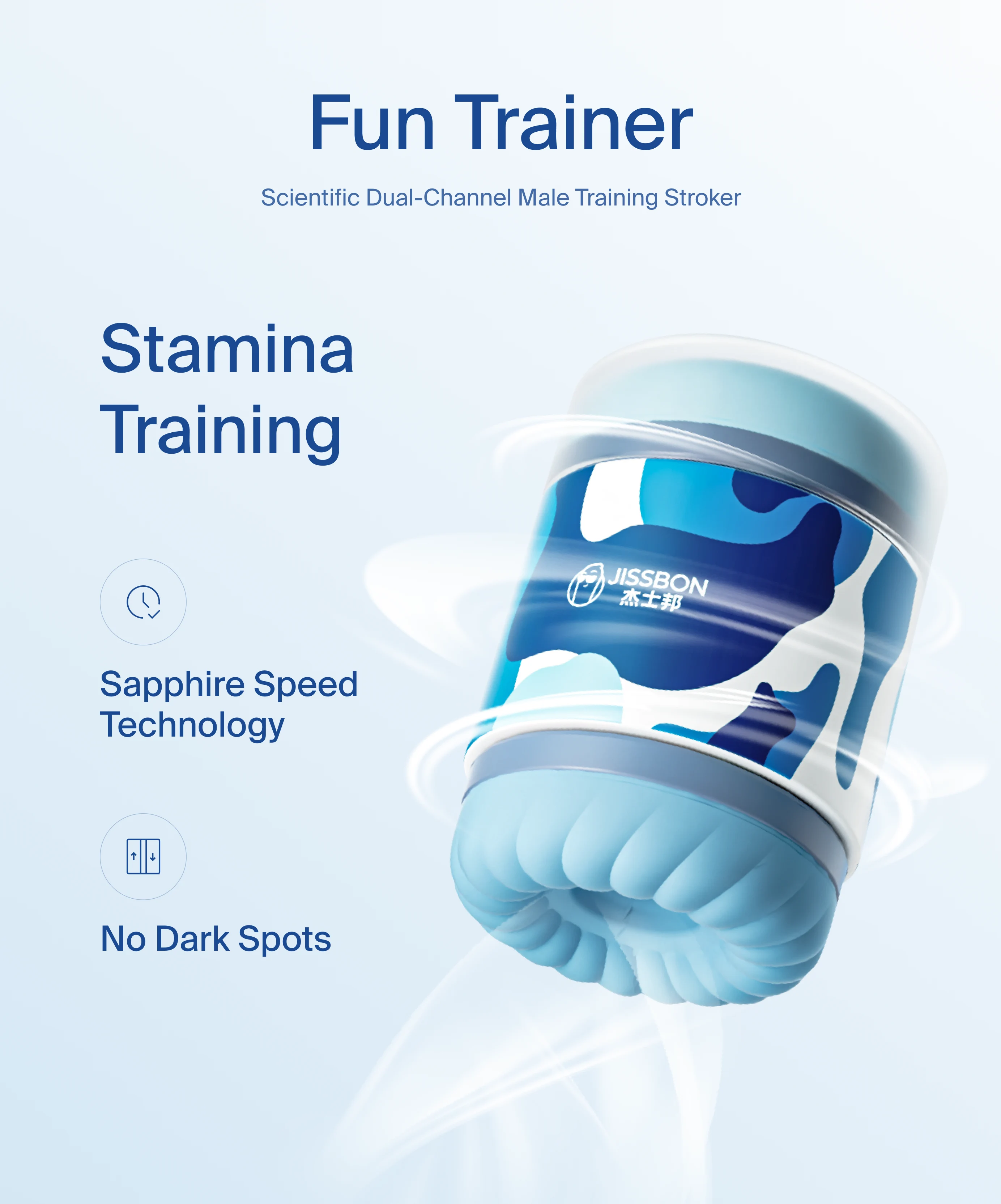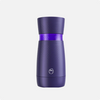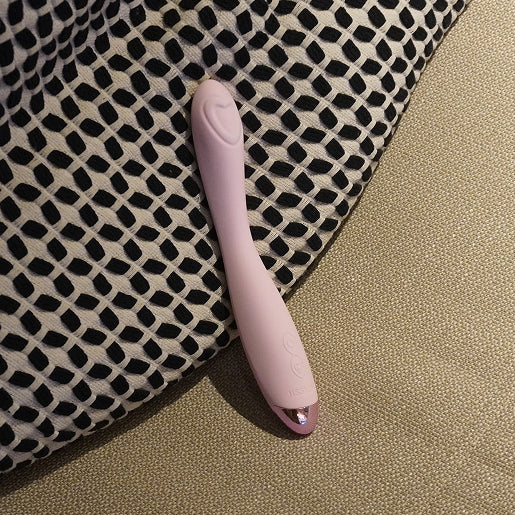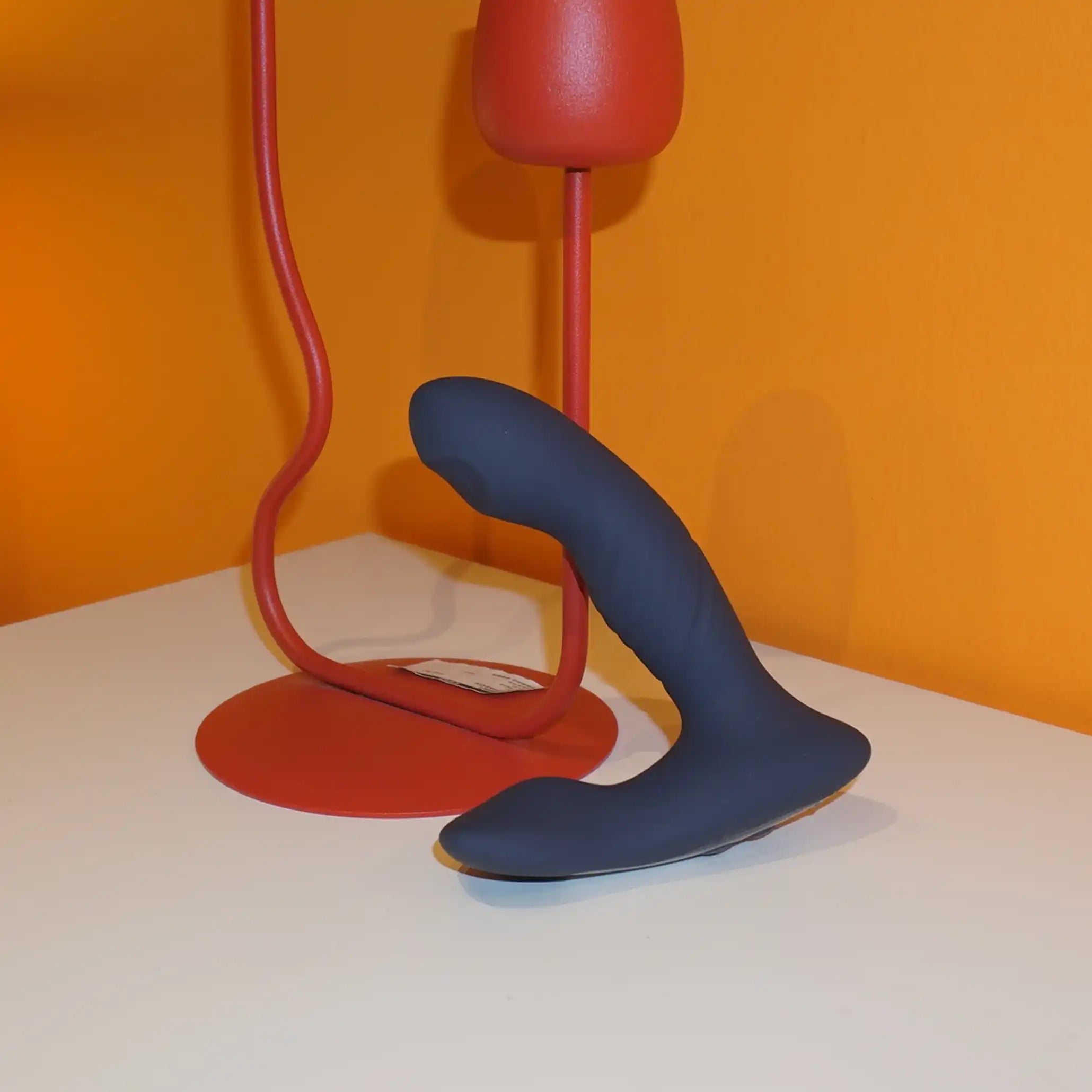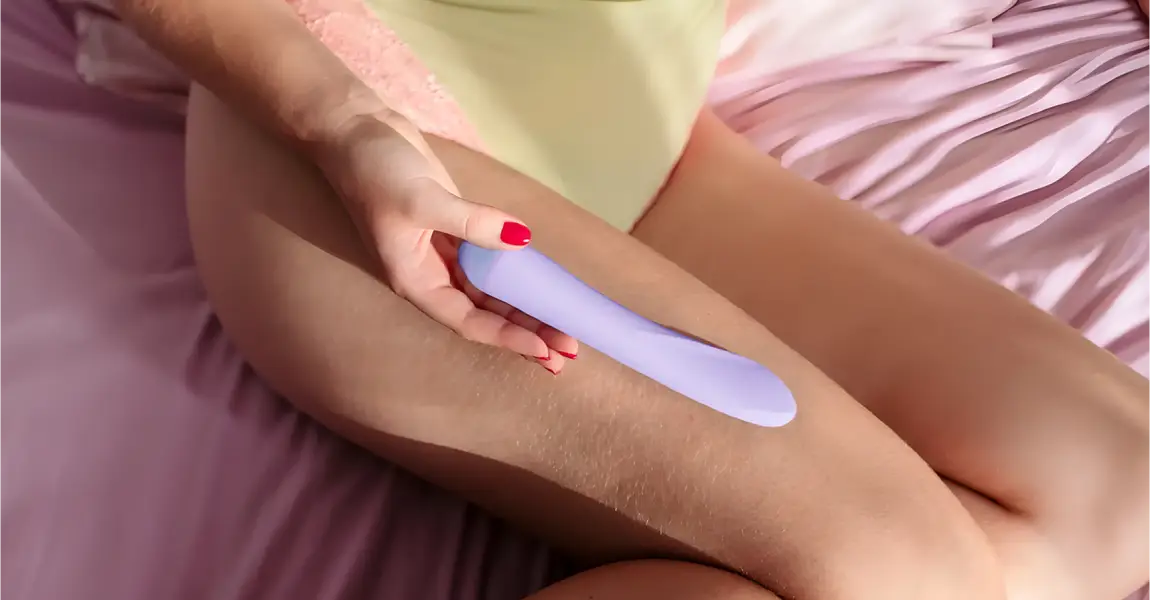If you’ve ever wondered “can you desensitize your clitoris?”—especially after a strong vibrator session—you’re not alone. Many people worry about a desensitized clitoris, ask whether vibrators decrease sensitivity, and want to know how to regain natural arousal if things feel a bit “numb.”
The short version: vibrators don’t cause permanent clitoral desensitization in otherwise healthy tissue. Temporary “numbness” (more like a short drop in responsiveness) can happen right after intense stimulation, and it fades with rest. When sensitivity stays low, the cause is usually hormones, skin conditions, medications, or nerve/muscle factors—all treatable with the right approach.
This guide separates myth from science, explains why your clitoris might feel less sensitive, and offers a step‑by‑step plan to restore healthy sensation—with links to gentle, beginner‑friendly tools when you’re ready to reintroduce pleasure.
Quick Answer: Do Vibrators Decrease Sensitivity?
No—there’s no good evidence that vibrators permanently desensitize the clitoris. Large population studies and clinical reviews report that vibrator use is common, linked to positive sexual function, and rarely associated with side effects.
If you feel “numb” right after strong vibration, that’s typically short‑term sensory adaptation, the nervous system’s normal way of turning down a continuous signal; responsiveness returns with time.
Experts describe any temporary post‑vibrator “numbness” as akin to your skin getting momentarily less responsive after a massage tool—it fades when the stimulus stops.
What Science Actually Shows
- Population data: In a representative U.S. sample of women, vibrator use was associated with better sexual function and health behaviors, and side effects were rare. Follow‑up work found similar patterns during partnered sex.
- Clinical review: A peer‑reviewed review of genital vibration reports benefits for sexual desire, arousal, orgasm difficulties, pelvic floor function, and even certain male sexual dysfunctions. No evidence suggests permanent loss of clitoral sensitivity.
- Neuroscience: Sensory (neural) adaptation is a universal phenomenon—receptors and neural circuits reduce their response during continuous stimulation so you aren’t overwhelmed. That “turning down” is temporary, not damage.
What Reduced Sensitivity Feels Like
People describe a desensitized clit as:
- A duller or slower response to touch or vibration
- Needing higher intensity than usual to orgasm
- Feeling fine with a toy but less responsive to fingers or oral for a short time
If it lasts minutes to hours after intense play, think temporary adaptation. If it persists days to weeks, look beyond toys—most often, the reasons are medical or mechanical (and fixable).
Real Reasons Your Clitoris Might Feel Less Sensitive
Temporary Neural Adaptation (Short‑Term)
After strong, steady stimulation, your nervous system adapts to the input. Responsiveness dips, then rebounds with rest—no injury involved. Varying rhythm, pressure, and taking breaks helps prevent this “over‑samey” signal.
Hormonal Changes (Common & Treatable)
Low estrogen (menopause, surgical menopause; often postpartum/lactation) thins and dries genital tissue (genitourinary syndrome of menopause, GSM), which can make clitoral touch feel muted or raw. Local therapies (e.g., low‑dose vaginal estrogen or DHEA) are evidence‑based options to restore comfort and responsiveness.
Medications (Especially SSRIs/SNRIs)
Antidepressants—particularly SSRIs—are well‑known to reduce desire and orgasm intensity in some users. If your sensitivity dropped after a med change, talk with your prescriber about options (timing doses, switching agents, or add‑ons).
Skin Conditions & Clitoral Hood Adhesions
Lichen sclerosus and other vulvar dermatoses can cause pain, tearing, clitoral hood adhesions, and keratin pearls that make the glans feel “buried” or less responsive. The standard of care for LS is high‑potency topical steroids, with in‑office lysis for symptomatic adhesions. Early treatment prevents scarring.
Nerve & Pelvic Floor Factors
Irritation of pelvic nerves (e.g., pudendal or dorsal clitoral branch) or hypertonic pelvic floor muscles can blunt or alter sensation. Evaluation and pelvic floor physical therapy are part of a modern, multidisciplinary approach to persistent vulvar symptoms.
Friction, Irritants, or Over‑zealous Technique
Tight clothing, fragranced washes, rough hair removal, or simply pressing too hard for too long can inflame tissue and make clitoral pain or dulled sensation more likely. Simple vulvar‑care swaps can help.
How to Tell What’s Going On (and What to Do)
Step 1: Check the Time Course
- Minutes–hours after intense play: likely temporary adaptation → rest, hydrate, and try gentler patterns next time.
- Days–weeks of low sensitivity: consider hormones, meds, skin conditions, or pelvic floor/nerve issues → book a clinician visit for targeted care.
Step 2: Rule Out Red Flags
See a clinician promptly if you notice white shiny patches, tearing, bleeding, new lesions, or a “hidden” clitoris—these can signal lichen sclerosus/adhesions and deserve early treatment.
Step 3: Try a 2‑Week “Re‑Sensitize” Reset
This is a gentle, evidence‑informed plan to support sensation while you sort out underlying factors:
- Vulvar care refresh: Use water only on the vulva; skip fragrance and harsh soaps. Switch to cotton underwear and looser pants for now. These low‑tech steps reduce inflammation that can mask sensation.
- Lube smarter: Use a water‑based lubricant for any touch (solo or partnered) to reduce friction. Reapply often; if using latex barriers, avoid oil‑based lubes.
- Vary the signal: When you resume play, turn the intensity down, and change patterns (pulses, waves) and angles. This keeps nerves engaged without “flattening” their response, and it mirrors what we know about sensory adaptation.
- Short, spaced sessions: Aim for 5–10 minute sessions with breaks. If you like toys, start with low settings and broad contact; avoid pressing directly on the glans at max speed.
- Consider gentle tools: Ready to re‑introduce vibration? A small, low‑to‑mid intensity bullet lets you fine‑tune settings and step up gradually. Explore our Egg & Bullet Vibrators or try a discreet remote‑controlled option like the Bullet Vibrator for subtle external stimulation you can dial precisely.
If It’s Not the Toy: Targeted Fixes That Work
- GSM/low estrogen: Discuss local vaginal estrogen or DHEA; these therapies are first‑line in national guidelines and can improve comfort and arousal.
- Dermatologic causes: For lichen sclerosus, high‑potency topical steroids are the gold standard; symptomatic clitoral adhesions can be released by an experienced clinician.
- Medication side effects: SSRIs commonly reduce libido and orgasm intensity; your prescriber can discuss timing, dose, or switching to minimize sexual side effects.
- Pelvic floor/nerve contributors: Pelvic floor physical therapy and, where indicated, nerve‑focused care can restore comfortable sensation and reduce protective guarding. ACOG recommends a multimodal, individualized approach for persistent vulvar pain.
Vibrators, Preference, and “Reliance”
Some people notice partnered touch feels different after getting used to a toy’s speed. That’s a preference shift, not permanent desensitization. Mix in hands, oral, and toys, and coach partners on pressure and rhythm you enjoy. Many users find vibrators enhance arousal and orgasm quality over time.
Safer Play Tips to Avoid Temporary Numbness
- Warm up slowly—broad external touch first, then narrower focus.
- Use plenty of lube to limit friction and irritation.
- Rotate settings—alternating intensity/pattern fights adaptation.
- Take breaks—short pauses let receptors “reset.”
- Skip irritants—fragranced washes, harsh wipes, or aggressive hair removal before play.
When to See a Clinician
- Sensitivity remains low for weeks despite rest and gentle techniques
- Pain, tearing, white shiny patches, or a clitoris that seems “buried” under the hood
- New numbness after starting a medication (e.g., an SSRI)
- Burning/sores/discharge suggesting infection
A clinician can check for GSM, dermatologic conditions, pelvic floor tone, or nerve issues—and create a plan that blends medical care with at‑home strategies.
Gentle Tools to Re‑Introduce Sensation
When you’re ready, choose smaller, lower‑intensity toys that let you modulate pressure:
- Remote bullets offer fine control and broad contact—see our Bullet Vibrator.
- Prefer hands‑free? Pair with a water‑based lubricant and start with pulses instead of steady max speed for better neural engagement.
Bottom Line
- Vibrators don’t permanently desensitize your clitoris. Short‑term “numbness” is sensory adaptation, not damage.
- If sensitivity stays low, the usual culprits are hormonal changes (GSM), medications (SSRIs), vulvar skin disease (like lichen sclerosus/adhesions), pelvic floor/nerve factors, or friction/irritants—all addressable.
- Use gentle re‑sensitizing habits (lube, varied patterns, breaks), and seek targeted care when needed. Evidence‑based treatments can bring comfort and sensation back.
When you feel ready to explore again, start soft and simple. Our curated Egg & Bullet Vibrators are designed for precision, lower intensity, and control—a great way to rebuild confidence and pleasure at your pace.
Frequently Asked Questions
Can you desensitize your clitoris permanently?
There’s no evidence that vibrators cause permanent clitoral desensitization. Temporary “numbness” after high intensity is neural adaptation and fades. If low sensitivity persists, look for treatable causes (hormones, meds, skin, nerves).
Do vibrators decrease sensitivity over time?
Studies link vibrator use with better sexual function and rare side effects. If you feel dependent on a certain pattern, vary techniques and take short breaks. That’s about preference, not damage.
Can you be desensitized to pleasure generally?
You can adapt to one kind of stimulation (e.g., one speed/pressure). Switching modalities re‑engages the nervous system. Broadly reduced genital sensation usually has medical or medication‑related causes and is often reversible.
Can you desensitize your private area by masturbating too much?
Over a single session, yes—temporarily (adaptation); with rest, sensation returns. Long‑term loss points to other issues (hormones, dermatoses, meds, nerves) that need evaluation.
How do I restore sensitivity if I feel “clitoris desensitized”?
Take a 1–2 week reset (gentle touch, lots of lube, varied patterns), remove irritants, and address suspected contributors (e.g., ask about GSM therapy or med adjustments). Consider a low‑intensity bullet to re‑introduce sensation gradually—like the discrete, remote‑controlled options in our Egg & Bullet Vibrators.
Read more
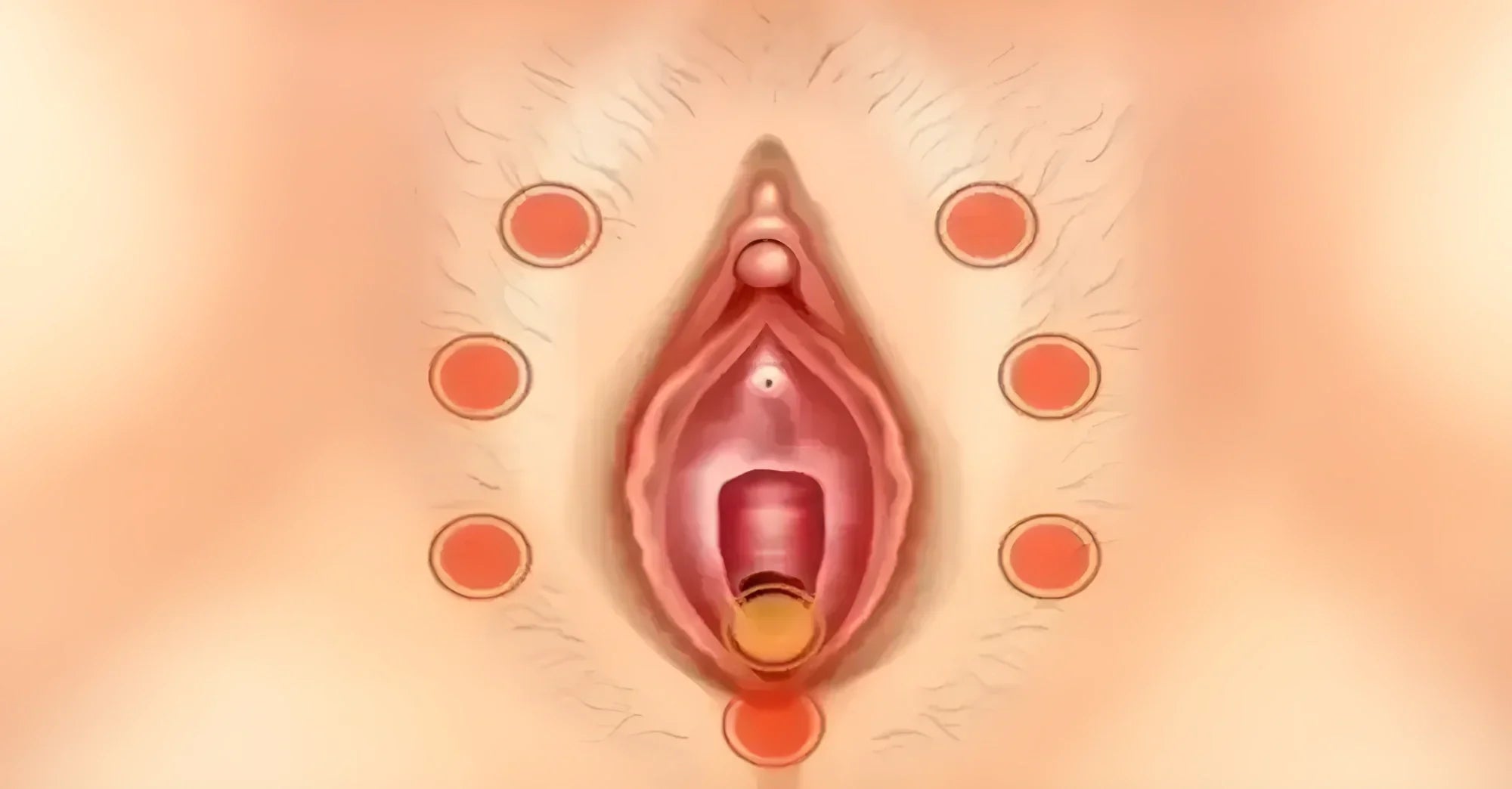
Clitorodynia, clitoral pain that can burn, sting, throb, or feel raw—has many possible causes, from skin irritation to nerve issues. In medical language, clitorodynia is considered a localized subt...

In the mood but don’t own a dildo (yet)? You’re not alone. Lots of people search what to use if you don’t have a dildo—and wind up with risky “hacks” that can lead to irritation, infections, or a p...
